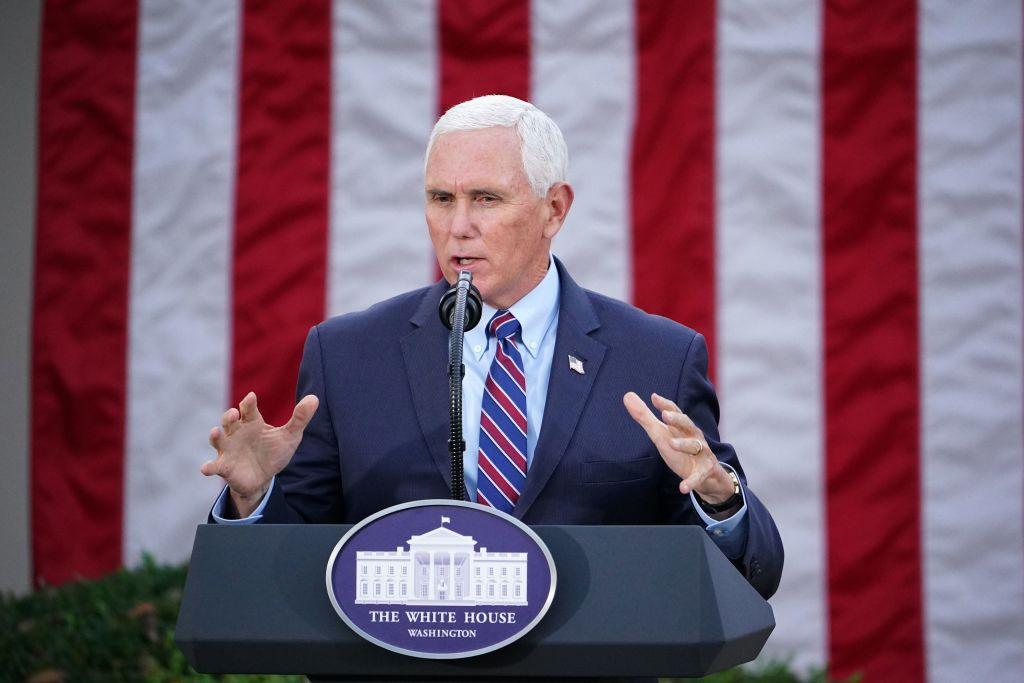Commentary
On Monday, I wrote on these pages that Vice President Mike Pence, as president of the Senate, would be violating his oath of office were he to count the electoral votes cast for Joe Biden in the six disputed swing states—Michigan, Wisconsin, Pennsylvania, Georgia, Arizona, and Nevada—because the governors of those states had “certified” the Biden-pledged electors, despite a demonstrably fraudulent election, and in contravention of the wishes of some state lawmakers, which had sent Trump-pledged electors who cast “dueling” votes for President Trump at the Dec. 14 Electoral College.





